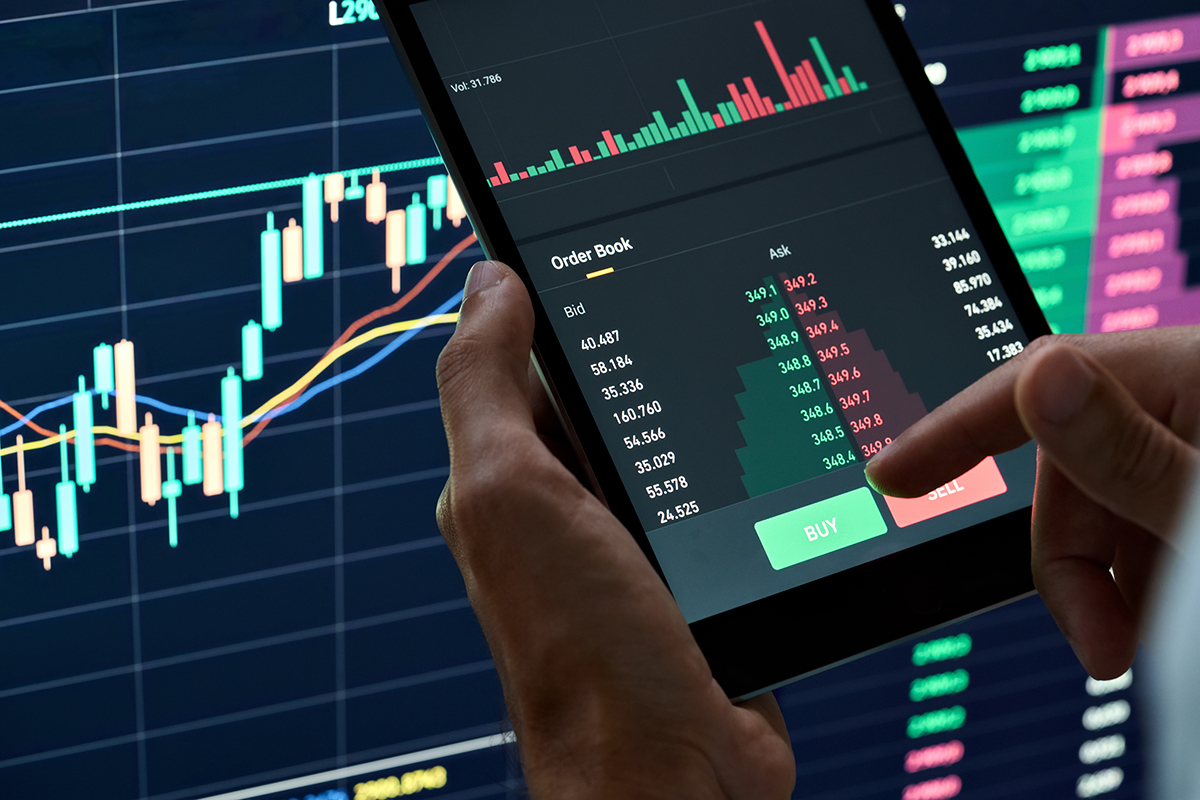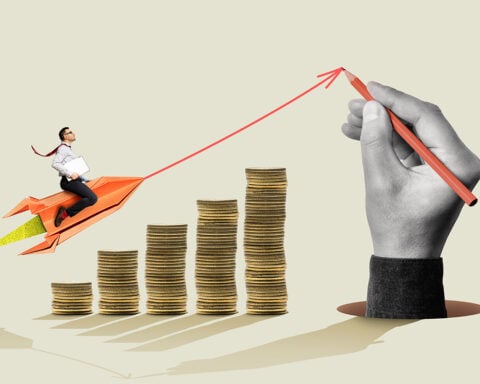While concerns about a potential global recession persist due to surging inflation, increasing interest rates, and geopolitical unrest, the ultra-rich continue to flourish, a trend Wall Street is capitalizing on.
Background: Economic stability in major countries such as China and the United States is unstable. The US economy significantly underperformed in the first quarter, and China’s factory activity reached its lowest point since ending its zero-Covid policy. Europe’s biggest economy, Germany, is facing a recession due to the impacts of energy price shocks on consumer expenditure.
However, the wealthiest segment of the population continues to prosper, regardless of the sluggish economy.
This week, JPMorgan Chase announced the development of a new division, 23 Wall, designed to serve the ultra-rich. It focuses on roughly 700 families with a combined net worth exceeding $4.5 trillion, explained team leader Andy Cohen.
Over the past 10 weeks, JPMorgan Global Wealth Management has opened 40,000 new accounts. In the previous year, the firm added a new client with assets worth $100 million or more each day, disclosed Mary Erdoes, the bank’s head of asset and wealth management.
Not only JPMorgan sees the lucrative potential in servicing the super-wealthy. Both Goldman Sachs and Citigroup have expanded their private banking services this year.
Despite a downward revision in global growth predictions by the International Monetary Fund and the imminent threat of a recession in the United States, around 75% of family offices, and wealth management firms serving ultra-rich families, have reported an increase in specific investments to leverage fluctuating markets, based on a recent BlackRock survey.
Luxury Consumption: US food prices experienced a 7.7% surge in the year leading up to April, causing food insecurity to spike “unprecedented levels.” Despite this, companies catering to the wealthy are flourishing.
Lamborghini reported that all its vehicles had been sold out until 2024. The parent company of luxury brands such as Louis Vuitton, Dom Pérignon, and Dior, LVMH, posted a 17% sales increase for the first quarter of the year and reached a $500 billion market valuation in April.
The Diverging Recession: A K-shaped recession, where different sections of society experience varying degrees of economic downturn, may be occurring presently, Gregory Daco, chief economist at EY.
Dollar General, a discount retail company, had one of its worst trading days recently. Its shares dropped 20% after it cut its annual earnings forecast. The company’s core customers, who earn less than $40,000 a year, have started relying more on food banks, savings, and credit cards.
Other retailers like Macy’s and Target have also reported consumer cutbacks. Dollar General’s customers are particularly affected as they can’t transition their spending to cheaper retailers, a distressing indicator for the economy.
The US Treasury, in dire need of cash, is planning to auction $15 billion worth of one-day cash management bills for the first time since 2007. This comes as the Treasury’s cash balances are at their lowest since 2017, with President Biden expected to sign the debt limit deal into law on Friday to avoid a first-ever US default.
As the world grapples with economic uncertainty, characterized by concerns of a global recession, inflationary pressures, and geopolitical tensions, a distinct divide becomes apparent. While many individuals and businesses face challenges and pull back on spending, the ultra-wealthy continue to thrive. Financial institutions like JPMorgan Chase, Goldman Sachs, and Citigroup are capitalizing on this trend by expanding their services to cater to the affluent. Luxury brands are experiencing strong demand, even as food prices rise and economic disparities deepen. The K-shaped recession narrative becomes increasingly relevant, highlighting the diverging paths of different socioeconomic segments. As the Treasury seeks short-term solutions to manage its cash balances, the world watches as the wealthy few and financial institutions navigate this uncertain landscape, benefiting from their advantageous position.







